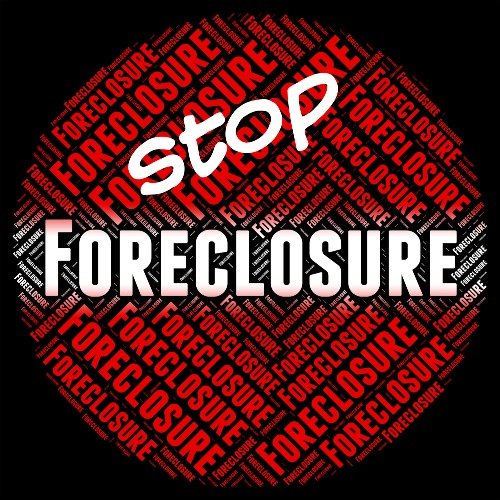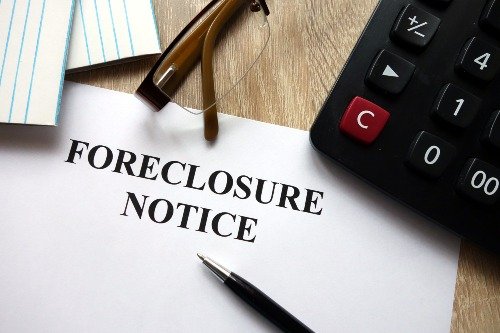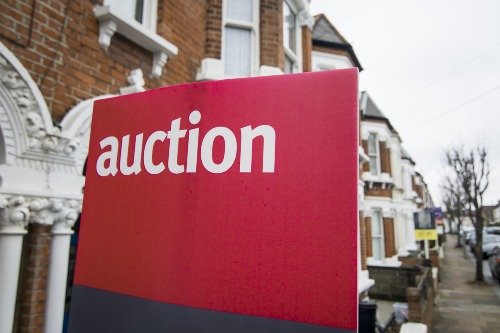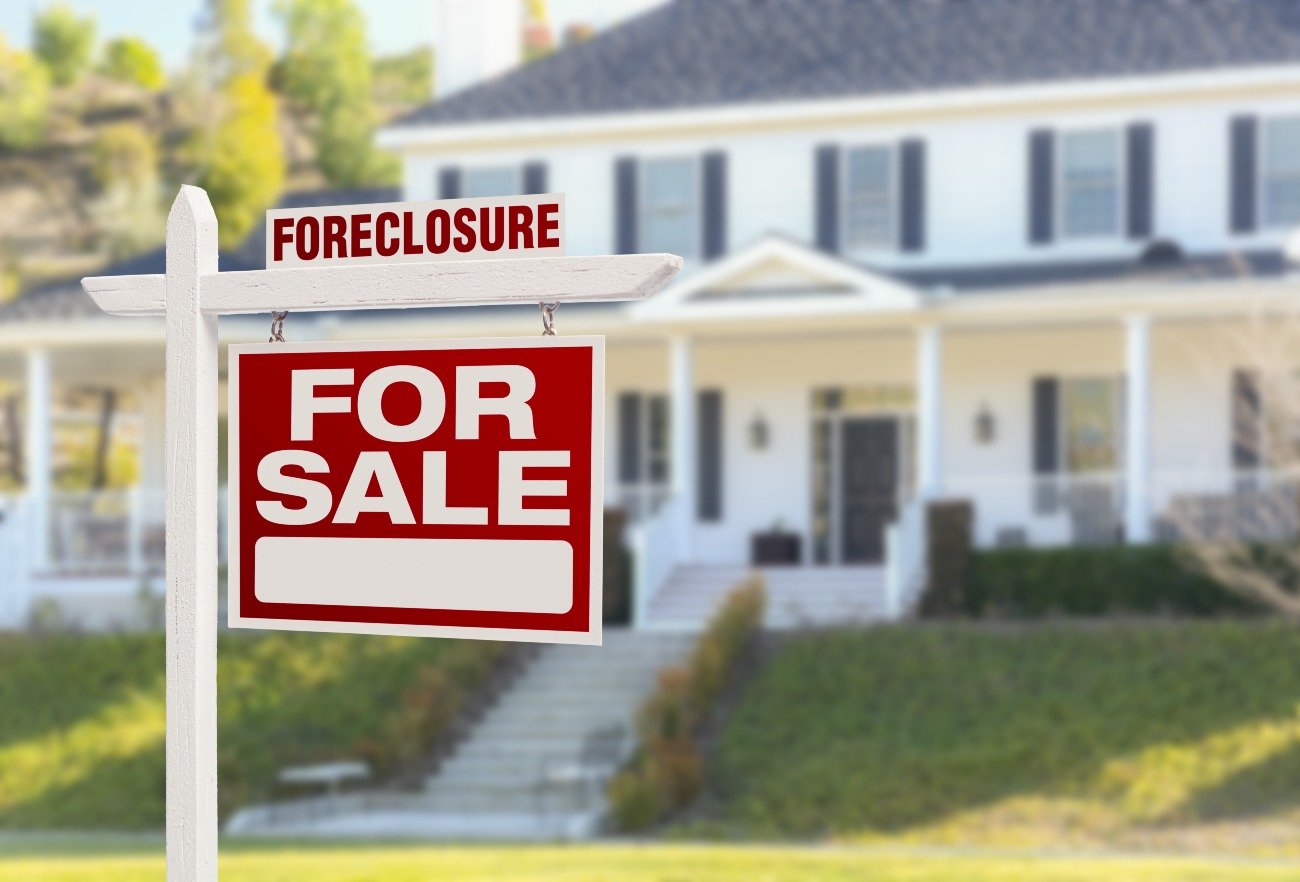When is it too late to stop foreclosure in Florida?

Anyone with a looming foreclosure asks this question. Foreclosure is a tiresome and draining experience, and like most court cases, you are up against tight legal deadlines. Homeowners often are racing “at the last minute” to stop the bank from re-possessing their home through foreclosure proceedings.
Foreclosure has three phases with their own timeline to “stop” foreclosure from proceeding to the “next phase”.
- Pre-Foreclosure: “Pre-foreclosure” is the period of time when you are delinquent on mortgage payments but the bank has not yet filed foreclosure lawsuit with the court.
- Foreclosure Sale: At the end of the foreclosure case, the property is sold through a public auction called the “foreclosure sale.”
- Right of Redemption: Florida has a “Statutory Right of Redemption” period to reverse the foreclosure sale.
This blog dives into each of these phases with emphasis on time frames and deadlines you should be aware of to keep the foreclosure of your home going forward.
Understanding the Foreclosure Process
The foreclosure process can be a complex and overwhelming experience for homeowners. It’s essential to understand the steps involved in the foreclosure process to make informed decisions and take control of your financial situation.
The foreclosure process begins when a homeowner misses mortgage payments
When a homeowner misses one or more mortgage payments, the lender will typically send a notice of delinquency. This formal notification informs the homeowner that the payment is overdue. The notice is usually sent via mail and may also be posted on the property. If the homeowner fails to make the missed payment, the lender will proceed with the foreclosure process.
The lender sends a notice of default, followed by a notice of acceleration
After the notice of delinquency, the lender will send a notice of default, which is a formal declaration that the homeowner has defaulted on the mortgage loan. This notice will typically include the amount owed, including late fees and interest, and a deadline for payment. If the homeowner fails to make the payment, the lender will send a notice of acceleration, which accelerates the entire mortgage balance, making it due immediately.
The foreclosure sale is scheduled, and the property is sold at auction
If the homeowner is unable to make the payment, the lender will schedule a foreclosure sale, also known as a trustee sale or sheriff’s sale. The property will be sold at a public auction to the highest bidder, usually on the courthouse steps. The sale is typically advertised in local newspapers and online to attract potential bidders.
Time To Stop The Foreclosure Lawsuit

Are you in “pre-foreclosure” and hoping to prevent the bank from initiating a foreclosure lawsuit with the court?
“Pre-foreclosure” starts once you miss a mortgage payment. During pre-foreclosure, the bank has notified you of the delinquency but not yet filed litigation with the courts. Stopping foreclosure litigation before it starts ideal since a public foreclosure case is time-consuming, stressful, and even expensive if you are hiring an attorney.
How long pre-foreclosure lasts in Florida varies depending on the situation.
At a minimum, you have a 120-Day “Loss Mitigation Period” before the bank can file a foreclosure lawsuit in accordance with the federal Dodd-Frank Act.
Federal law has created a 120-day “Loss Mitigation Period” from the initial missed payment before the bank can initiate foreclosure procedures. In other words, you have 120-days from your missed payment until the bank can file a foreclosure lawsuit.
Check out what Lawyers.com had to say about the “Loss Mitigation Period”:
Under the Dodd-Frank Act, a servicer usually cannot start a foreclosure action on a borrower’s principal residence until mortgage payments are more than 120 days past due. The bank must first wait until the payment is more than 120 days overdue. After the period elapses, the servicer can follow the state foreclosure law by publishing the notice of default and selling the home at auction.
You may be able to extend the 120-day period by submitting a “loss mitigation application” to the bank. To apply for loss mitigation, contact your lender and ask to connect with the Loss Mitigation Department. Following submitting the loss mitigation package, lenders must inform you of your eligibility for loss mitigation. The requirements to review your application can “delay” the bank from pressing the litigation forward.
Key Take Away: you have a minimum of 120-days after missing a mortgage payment to prevent the bank from moving you from “pre-foreclosure” to a public foreclosure lawsuit. You can extend this 120-days by submitting a loss mitigation application during the 120-day period.
Time To Stop The Foreclosure Auction

Once the bank files a “Notice of Default” and legal complaint with the court, the mortgage foreclosure lawsuit begins to proceed toward a public sale.
According to Foreclosure.com:
Depending on the court schedule, it usually takes approximately 180-200 days to effectuate an uncontested foreclosure. This process may be delayed if the borrower contests the action, seeks delays and adjournments of hearings, or files for bankruptcy.
There is no “precise amount of time” to stop a foreclosure litigation for concluding – but on average it takes around 180-200 days until the judge approves an auction. However, foreclosure lawsuits can last longer if you “fight the case” and assert available defenses.
Common foreclosure defenses include:
Lack of Standing. Did the bank filing the foreclosure have the legal right to bring case? Is the bank that filed the foreclosure the one that was harmed by failure to make the payments? If not, the standing defense could get the case dismissed.
Inadequate Notice. Mortgages usually require the bank to notify you of default prior to filing for foreclosure. Once the case is filed, banks must give you notice that the case was filed. Were you given sufficient notice?
Unclean Hands. To successfully assert the “unclean hands” defense, you typically need to prove the bank did something to cause you to end up in foreclosure in the first place (i.e. – it wasn’t all your fault). “Unclean conduct” can include fraudulent or illegal activity, acting in bad faith, or unconscionable behavior.
Improper Accounting of Mortgage Payments. Federal and state authorities have specific rules and regulations to properly apply payments and charges to mortgages. If a bank failed to follow accounting laws, you may be able to get the case dismissed.
Failure to Comply with HUD Requirements. Lenders must tell homeowners about loan counseling options available from the U.S. Department of Housing and Urban Development pursuant to the National Housing Act.
Contact an attorney to discuss all your legal options for fighting foreclosure in Florida.
Get Your House Back: Right of Redemption

In Florida, you can “stop foreclosure” even after the foreclosure auction completes through the “Statutory Right of Redemption”.
The “Statutory Right of Redemption” permits a homeowner to reverse a foreclosure sale after the property was sold at auction. The homeowner has a specified period of time – typically less than 10-days – in order to pay off the total debt, including the principal balance, plus costs and interest, before the sale in order (or a lesser amount if specified by the foreclosure court).
Pursuant to Florida Statute 45.0315 – entitled “Right of Redemption”:
At any time before the later of the filing of a certificate of sale by the clerk of the court or the time specified in the judgment, order, or decree of foreclosure, the mortgagor or the holder of any subordinate interest may cure the mortgagor’s indebtedness and prevent a foreclosure sale by paying the amount of moneys specified in the judgment, order, or decree of foreclosure, or if no judgment, order, or decree of foreclosure has been rendered, by tendering the performance due under the security agreement.
In other words, you have until the later of the filing of the certificate of sale resulting from the action OR a time frame set out in the court’s order foreclosure to pay to reverse the foreclosure. The amount you must pay is the amount specified in the foreclosure order, and if there is no amount in the foreclosure order, the total amount of indebted.
Florida Foreclosure Law
Florida foreclosure law is governed by state statutes and regulations. Understanding these laws can help homeowners navigate the foreclosure process and make informed decisions.
Overview of Florida foreclosure laws and regulations
Florida is a judicial foreclosure state, which means that the lender must file a foreclosure lawsuit in court to obtain a foreclosure judgment. The foreclosure process typically takes several months to a year or more to complete. Florida law requires lenders to provide homeowners with a 120-day “loss mitigation period” before filing a foreclosure lawsuit. During this time, the homeowner can submit a loss mitigation application to the lender to request a loan modification or other assistance. If the lender denies the application, the homeowner can appeal the decision.
Ways To Avoid Foreclosure

If you’re facing foreclosure, consider every option and communicate clearly with your mortgage company to explore possible solutions. Homeowners are able to prevent foreclosure (and save their house and credit score) with a proactive mindset.
Options to avoid foreclosure include:
- “Mortgage Workout” (working with your lender modify the loan to payments you can afford)
- Selling Before Foreclosure (pay off the mortgage – and get cash in your pocket – with sale proceeds)
- Deed-in-Lieu of Foreclosure (transfer ownership to the bank)
- Filing For Bankruptcy (bankruptcy courts issue an “automatic stay” on creditors)
- Disputing The Foreclosure (assert available legal defenses)
- Renting the Property (use rental profits to make your monthly payments)
- Florida Mortgage Assistance Programs (financial and counseling help)
Check out our How To Stop Foreclosure in Florida [Definitive Guide] to learn about all your options to stop 🛑 foreclosure today!
We Buy Houses – Fast and Fair Cash Offers.
Call Us (954) 676-1846 or Fill Out This Form For Your FAIR Offer.


Get A Fair Cash Offer. Call Us (954) 676-1846 or visit our Get A Fair Cash Offer page to find out how much we can pay you!

Our Team. Learn about our values and history. Meet the House Heroes Team – Lucas, Nick, Earl, Danielle, and Meghan!

How It Works. We buy houses in three-steps. Fast, cash, as-is, no realtor fees, fair prices. Learn how we do it!

Testimonials and Reviews. Honesty, integrity, and trust. Check out our video testimonials and social media reviews.

Case Studies. We buy houses in any condition. Watch the inside videos of our purchases – not for the faint of heart!

Frequently Asked Questions. Got some questions about House Heroes? Get all the answers over on our FAQ page.

